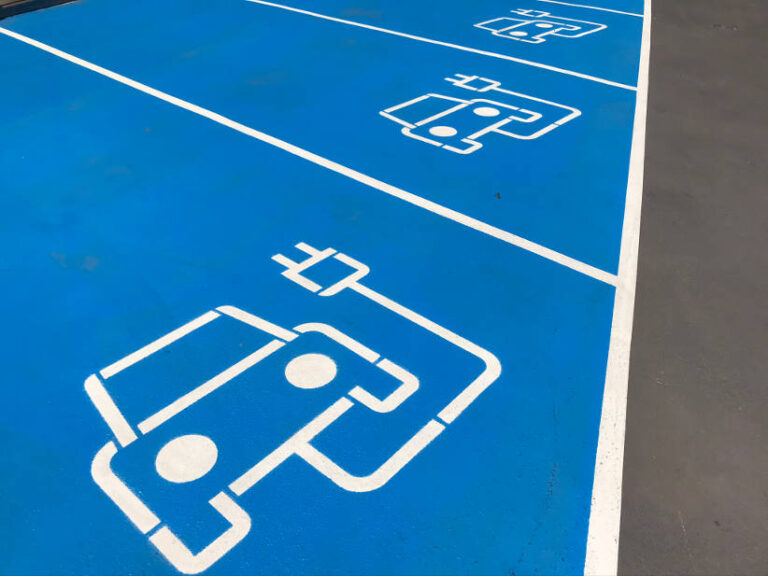More than 83,000 EV vehicles are currently operating in Australia, and EV’s made up 7% of all new vehicle sales in July 2023. As a result of this increasing uptake, charging locations are also increasing at an exponential rate.
While “range anxiety is a real issue for some, so is the possibility of a designated charger being out of order, long ques waiting to charge or entitled motorists parking in designated EV charging spaces with Internal Combustion Engine (ICE) vehicles.
While range anxiety and equipment malfunctions are in the hands of manufacturers and infrastructure providers, the act of parking an ICE vehicle in an EV charging parking space, sometimes referred to as “ ICEing” is being tackled by state governments.
NSW, in November 2022, quietly followed the lead of, Queensland, Victoria and the ACT in implementing heavy parking offences for ICE vehicles parking in EV charging spaces. The fines apply to ICE vehicles parking in designated EV charging spaces but also to EV vehicles parked in the same space while not actively charging. Plug-in Hybrid electric vehicles (PHEV) will not be fined if they are actually charging, even though they are also fitted with an ICE.
Relevant signage will be erected at EV charging spaces, although a monetary notation does not seem to feature on the signs.
Hitting the wallet, HARD
The penalty for the offence of blocking a designated EV charging space in NSW is 20 penalty units, which could cost motorists up to $2,200. Do the same in Queensland and it may cost you up to $2,757. Get caught out in the ACT and you could cop up to a massive $3,200 fine, while Victoria has imposed a more budget-friendly fine of up to $369.
It should be noted that the penalties don’t attract any demerit points.
While the figures stated are obviously the maximum fine applicable, state governments are sending a very clear, strong message. Don’t Park there if you’re not entitled to.
Is it fair?
Interestingly the fines imposed are much greater than some more serious offences, which has some questioning their heavy cost.
In NSW, exceeding the speed limit by 30km/h or more but not exceeding 45km/h attracts a maximum fine of $2,200, while the offence of “park vehicle in designated disabled parking space” could attract a fine of up to $587.
Experts argue that the heavy penalties are important to encourage the uptake of EV’s across the nation.
The NSW roads minister, Natalie Ward said, “the government added the offences to support the transition to EV’s on our roads.”
While the various state government revenue tins may reap some serious cash injection from fines related to impeding EV charging spaces, the quiet nature of the fine implementation will undoubtably shock some uniformed people. The success of the monetary deterrent will ultimately come down to effective enforcement.
For the 6-months to June 2023, there have been a total of just 23 infringements issued to NSW motorists, with a cumulative total of $ 2760. Fines ranged from between $120 to $600 for each individual offence.
It could be surmised that the low infringement numbers might indicate that there is currently not a great issue with ICE vehicles, or non- charging EV vehicles prohibiting access to chargers but as EV numbers and charging facilities increase the issue may become more prevalent.
Alternatively, enforcement of parking infringements may not yet be widespread, resulting in low numbers in the data.
Some perspective
Whilst I don’t currently drive an EV, I would be pretty miffed if when I did, I arrived at a charging facility to find an ICE vehicle parked in the only available spot, equally as miffed as I would be now, if I arrived at a petrol station to find a vehicle parked in front of the petrol bowser I needed, only to find the vehicles occupants had gone to have their lunch.
Here’s a link to the NSW Road Rules for stopping in a parking area for electric powered vehicles.






